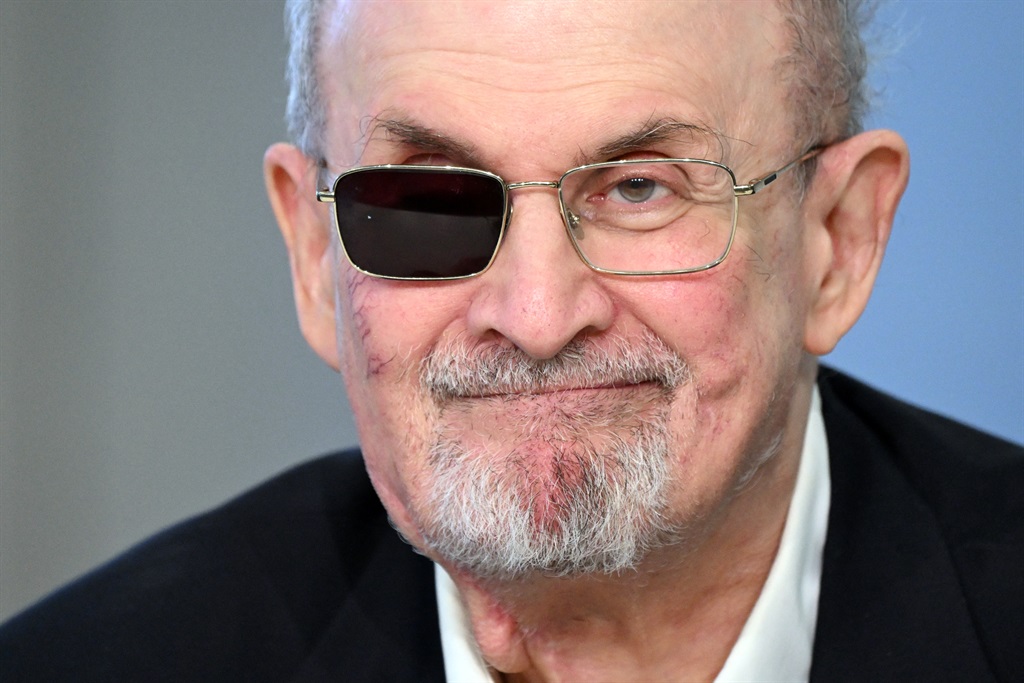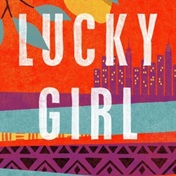
- Salman Rushdie's memoir Knife, which releases on Tuesday, recounts his recovery from a stabbing attack in 2022.
- The attack underscores persistent threats since his 1988 novel, The Satanic Verses, resulting in Rushdie losing sight in one eye.
- The memoir explores Rushdie's survival, advocacy for free speech, and his life under the shadow of a fatwa.
British-American author Salman Rushdie releases his memoir Knife on Tuesday, recounting the harrowing experience of being stabbed at a public event in 2022 and how he overcame the near-fatal ordeal.
Rushdie lost sight in one eye after the attack by a knife-wielding assailant who jumped on stage at an arts gathering in New York state.
The Indian-born author, a naturalised American based in New York, has faced death threats since his 1988 novel The Satanic Verses was declared blasphemous by Iran's supreme leader.
In an interview with CBS's 60 Minutes program, clips of which were released ahead of its Sunday broadcast, Rushdie recounted how one of the surgeons who saved his life had said: "First you were really unlucky, and then you were really lucky."
"I said, 'What's the lucky part?' and he said, 'Well, the lucky part is that the man who attacked you had no idea how to kill a man with a knife,'" Rushdie said in one excerpt.
The knife attack "was a pretty harsh and sharp reminder" of the fatwa issued against him, he said in October 2023 at the Frankfurt Book Fair, the world's biggest publishing trade event.
Rushdie, 76, added the attack was "somewhat surprising" as "the temperature had cooled off."
"I'm just happy to still be here to say so. It was a close thing."
READ | Salman Rushdie says it's 'very difficult' to write after stabbing ahead of new book release
The award-winning author was stabbed multiple times in the neck and abdomen at the New York literary conference before attendees and guards subdued the assailant.
His attacker, an American in his 20s with roots in Lebanon, told the New York Post newspaper that he had only read two pages of Rushdie's novel but believed he had "attacked Islam."
Over the years, Rushdie had received a multitude of death threats that made him into a global symbol of freedom of speech.
'Absurd to write something else'
Asked in Frankfurt about his memoir, Rushdie said it seemed "impossible to write anything else."
"It would seem kind of absurd to write something else until I had dealt with this subject."
Suzanne Nossel, chief executive of free speech advocacy group PEN America, said that "since that dreadful day in August in 2022, we have awaited the story of how Salman's would-be assassins finally caught up with him."
"A master storyteller, Salman has held this narrative close until now, leaving us to marvel from a distance at his courage and resilience," she said.
Rushdie, who was born in Mumbai but moved to England as a boy, was propelled into the spotlight with his second novel, Midnight's Children, in 1981.
The book won Britain's prestigious Booker Prize for its portrayal of post-independence India.
But The Satanic Verses brought him far greater, mostly unwelcome, attention.
The atheist author, whose parents were non-practicing Muslims, was forced to go underground.
He was granted police protection in Britain following the murder or attempted murder of his translators and publishers.
During his time in hiding, he moved houses repeatedly and was unable to tell his children where he lived.
He only began to emerge from his life on the run in the late 1990s after Iran in 1998 said it would not support his assassination.
He became a fixture on the international party circuit, even appearing in films such as Bridget Jones's Diary and US television sitcom Seinfeld.
He has been married five times and has two children.
As an advocate of free speech, he launched a strong defence of the French satirical magazine Charlie Hebdo after its staff were gunned down by Islamists in Paris in 2015.
The magazine had published drawings of Mohammed that drew furious reactions from Muslims worldwide.
REVIEW | Rushdie's extravagant tale of trying to build a good society has echoes for SA




 Publications
Publications
 Partners
Partners












